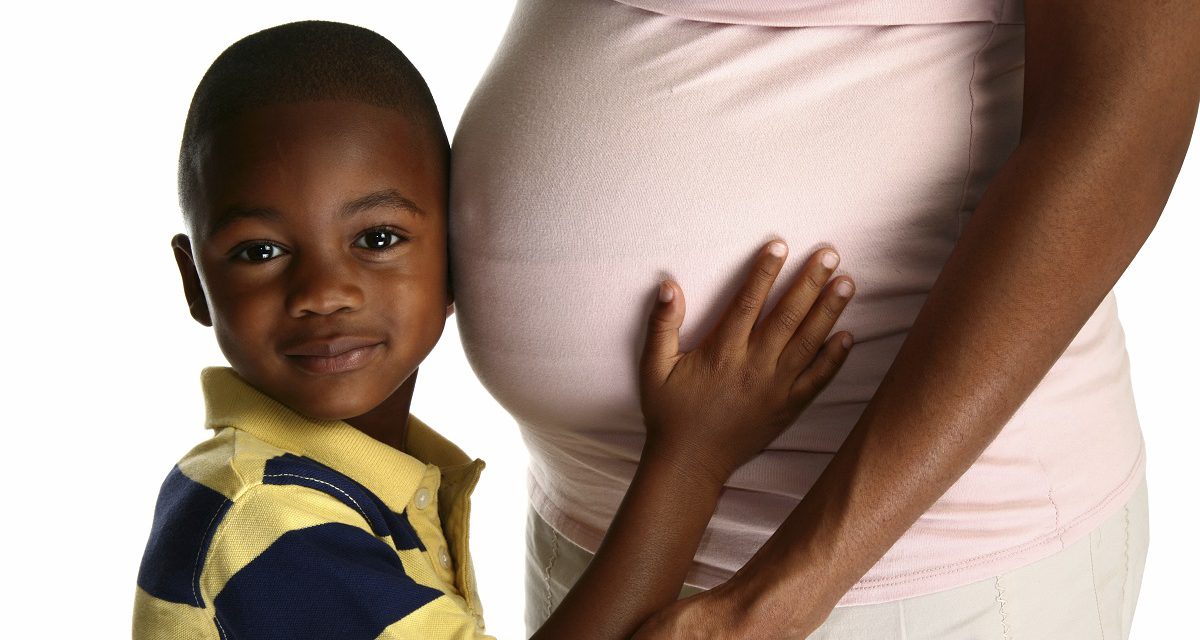The COVID-19 pandemic has brought about various changes in the ways people navigate their communities and social networks. Social distancing and sheltering in place have left many individuals feeling anxious, depressed, or hopeless as their usual support systems have been compromised for the sake of physical health and safety. Mothers and pregnant people are no exception to this stress and uncertainty, as the pandemic has seen a sharp increase in cases of postpartum depression (PPD).
According to a study released by JAMA Psychiatry, 1 in 7 women experience PPD within a year after giving birth. Additionally, more than two-thirds of the women surveyed showed signs of an anxiety disorder, emphasizing the need for healthcare providers to screen mothers for more symptoms than just depression. Furthermore, 20% of postpartum women have thoughts of harming themselves and the National Institutes of Health (NIH) found that 1 out of 19 deaths in pregnant or postpartum women were the result of suicide, underscoring the need for thorough PPD screenings.
The Mayo Clinic lists several signs and symptoms of PPD that include, but aren’t limited to, severe mood swings, excessive crying, difficulty bonding with the baby, changes in appetite, and intrusive thoughts of self-harm or harm to the baby. While there are no known causes of PPD, there are several risk factors. According to Johns Hopkins Medicine, women with a history of anxiety, depression, or other serious mood disorders are 30% to 35% more likely to develop PPD during pregnancy or after delivery. Additionally, women who experienced PPD during a previous birth are more likely to experience it again. Finally, those of lower socioeconomic status are more at risk of developing the disorder than women who are in the upper class, according to the NIH, and Black and Native American women are at highest risk of developing PPD.
The majority of data and statistics concerning PPD were gathered in the context of a world without coronavirus. However, there is new evidence suggesting that the stress of a global pandemic is not only exacerbating existing disorders but triggering the onset of depression, anxiety, and obsessive compulsive disorder (OCD) in mothers who previously showed no symptoms of mental illness. Considering the threat of unknown health risks to pregnant mothers, coupled with fear of giving birth in hospitals that treat COVID-19 patients and raising a newborn with no help due to social distancing, the tension surrounding the birth of a child is compounded. A report from the Brigham and Women’s Hospital found that the number of mothers with PPD doubled after the onset of the pandemic. Additionally, 1 in 5 women reported higher instances of generalized anxiety and 10% experienced post-traumatic stress disorder (PTSD).
Nearly half a million people in the United States have died of complications stemming from a COVID-19 infection. Coupled with health concerns, many new mothers throughout the past year have had to cope with grieving loved ones on top of the demands of caring for infants and young children. Financial stress is another trigger. As some working mothers struggle to find childcare amidst lockdowns and social distancing, mothers who work from home struggle with simultaneously working and tending to their children. Additionally, some mothers, along with millions of Americans, face unemployment due to the pandemic. Extreme fatigue, irritability, and interruptions in executive functions, such as cooking, cleaning, and maintaining personal hygiene, burden mothers suffering from PPD and are exacerbated by lack of social support and interaction initiated by coronavirus restrictions.
If PPD in a new mother is suspected, it’s important that they reach out to their physician, nurse, or midwife. While it’s not unusual to feel sad after the birth of a child (often referred to as the baby blues), long-lasting feelings of depression, hopelessness, erratic mood swings, or thoughts of self-harm or suicide aren’t normal. Typically, symptoms lasting longer than two weeks are a clear indication that medical intervention is required. Treatments include therapy, medication, or a combination of both. If necessary, a spouse or loved one might step in to make the call and set up necessary appointments. Outside of the physician’s office, other resources exist to assist mothers suffering from PPD. Peanut, MindMum, and Lifeline4Moms are online platforms designed to support struggling mothers and offer assistance via phone call or text. One might also ask their doctor about postpartum support groups in their area. Additionally, the British Columbia Reproductive Mental Health Program and Moodgym offer cognitive behavioral therapy programs online for free. Websites like Psychology Today also make it possible to find local therapists that are covered by insurance, and the SAMHSA National Helpline refers uninsured and underinsured patients to affordable assistance in their area. If you or a loved one are in a crisis, call the Suicide Prevention Lifeline at 1.800.273.TALK (8255).
If PPD is left untreated, not only is the mother at higher risk of committing suicide, the child might face behavioral, cognitive, and physical barriers throughout their life as a result. While living through a global pandemic is alienating, no one is truly alone. It’s important for mothers to understand that asking for help is not a sign of weakness and it doesn’t mean that they are a bad mother. Reaching out for a helping hand is critical in such an unprecedented time, and is just another way that mothers take care of themselves and their babies.








